The KP East Bay Hospice team raises funds to improve access to end-of-life care in Kenya.
It’s about 10,000 miles from Oakland, Calif. to Laikipia, Kenya. That’s a staggering distance—but it hasn’t kept a team of Kaiser Permanente East Bay volunteers from supporting a struggling hospice that works to reduce suffering for end-of-life patients in the northern part of Kenya.
Physicians and staff from KP’s East Bay Hospice and Home Health formed the Laikipia Hospice Project two years ago after learning about Global Partners in Care, a nonprofit that enables U.S. hospice groups to support hospice and palliative care organizations in developing countries.
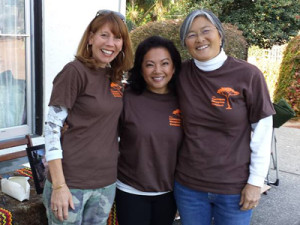
Kris Holm, RN, MFT, KP East Bay Hospice and Home Health service director, said she loved the idea of supporting the Laikipia Palliative Care Centre because their needs are so great.
“We have the supplies we need: we have the medications, we have the clean running water, we have cars to go see our patients in their homes,” she said. “In the African hospice system, for the most part, they don’t have any of those things, yet they’re still trying to help people. I find that inspirational.”
KP Support Lays Groundwork for Clinic
A core group of a half dozen hospice employees and physicians are leading the partnership with the Laikipia center, which is located in a rural area that’s about a four-hour drive from Nairobi, Kenya. Ten to 20 additional employees, plus friends and family, volunteer when it’s time to fundraise for the center.
So far the volunteers have raised $22,000 through three fundraisers, including an auction and a walkathon. The donations have enabled the Laikipia center to purchase land with the goal of building a clinic for hospice and palliative care patients, and a child care center for orphaned children. Right now the center rents a small storefront.
KP East Bay Hospice nurse Hygeia Mejia, RN, said the center only has one vehicle to visit patients who are spread throughout the rural county— and medical supplies are scarce.
“They have to wash and reuse gloves and bandages,” she said. “I can imagine they could use much more to comfort dying patients, such as medications for agitation, for fever, or to help ease someone’s breathing.”
“They can only help about 100 patients a year now,” said Huldah Cannon, LCSW, medical social worker for KP East Bay Hospice. “We want them to be able to build this center, so they can reach out to the thousands of people who are dying in that area. People are dying of AIDS and related diseases, such as cancer.”
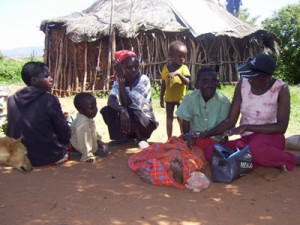
Caring for the Global Community
A small group of KP staff is hoping to visit the Laikipia Palliative Care Center in January. They’ll pay their own way to see the community and its needs firsthand.
The group is hoping their next fundraiser, a danceathon planned for next spring, will help the Laikipia center construct the clinic they’re planning. Future fundraising would support routine medical supplies and paid staff since many of the Laikipia workers are volunteers.
Kris Holm said she hopes other KP employees and physicians will want to get involved, donate to their group, or start something similar of their own.
“It’s so important that we look at how we can share our resources and our wealth. This work has opened my heart more to the needs we have as a community, not of this country or that country, but of people on earth.”
To learn how you can help support the Laikipia Hospice Project, contact Huldah Cannon at (510) 752-7882.
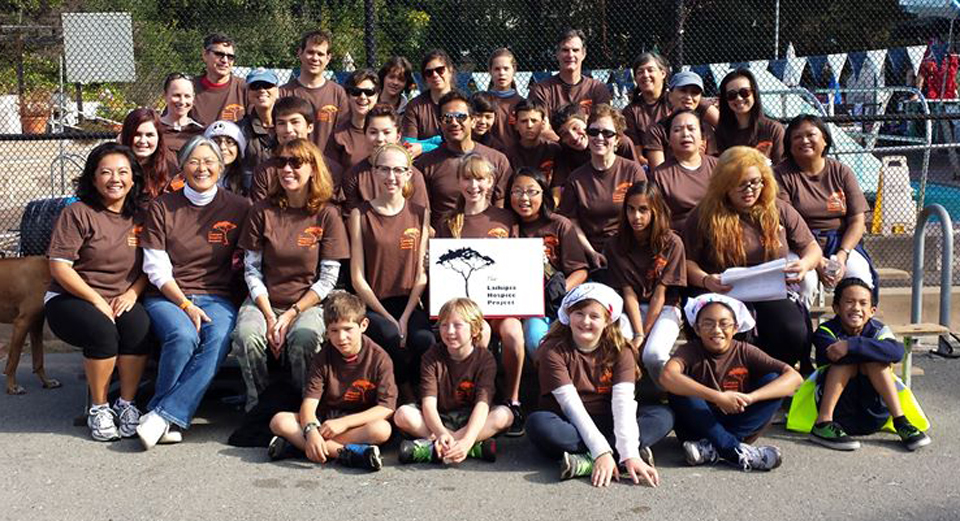
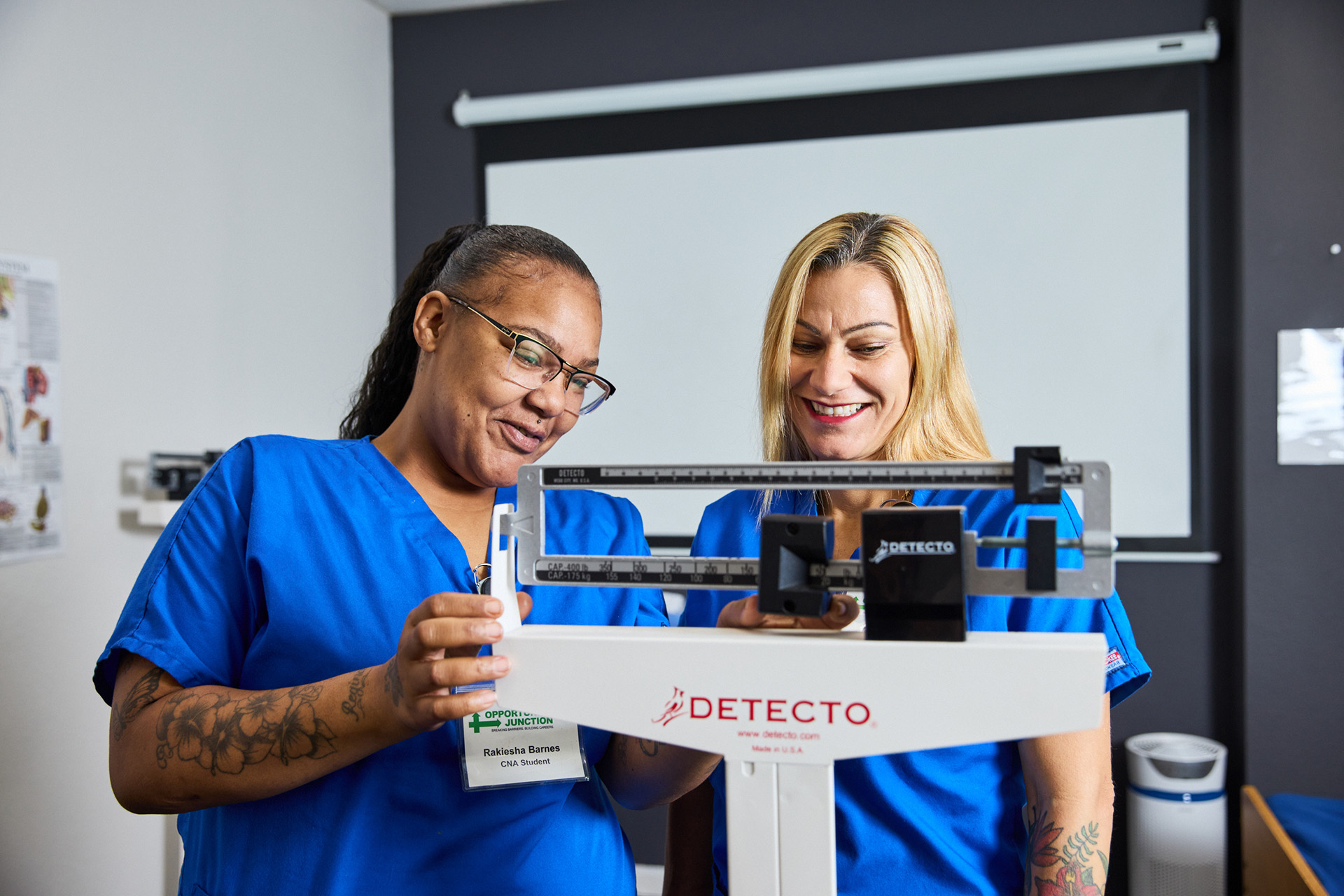
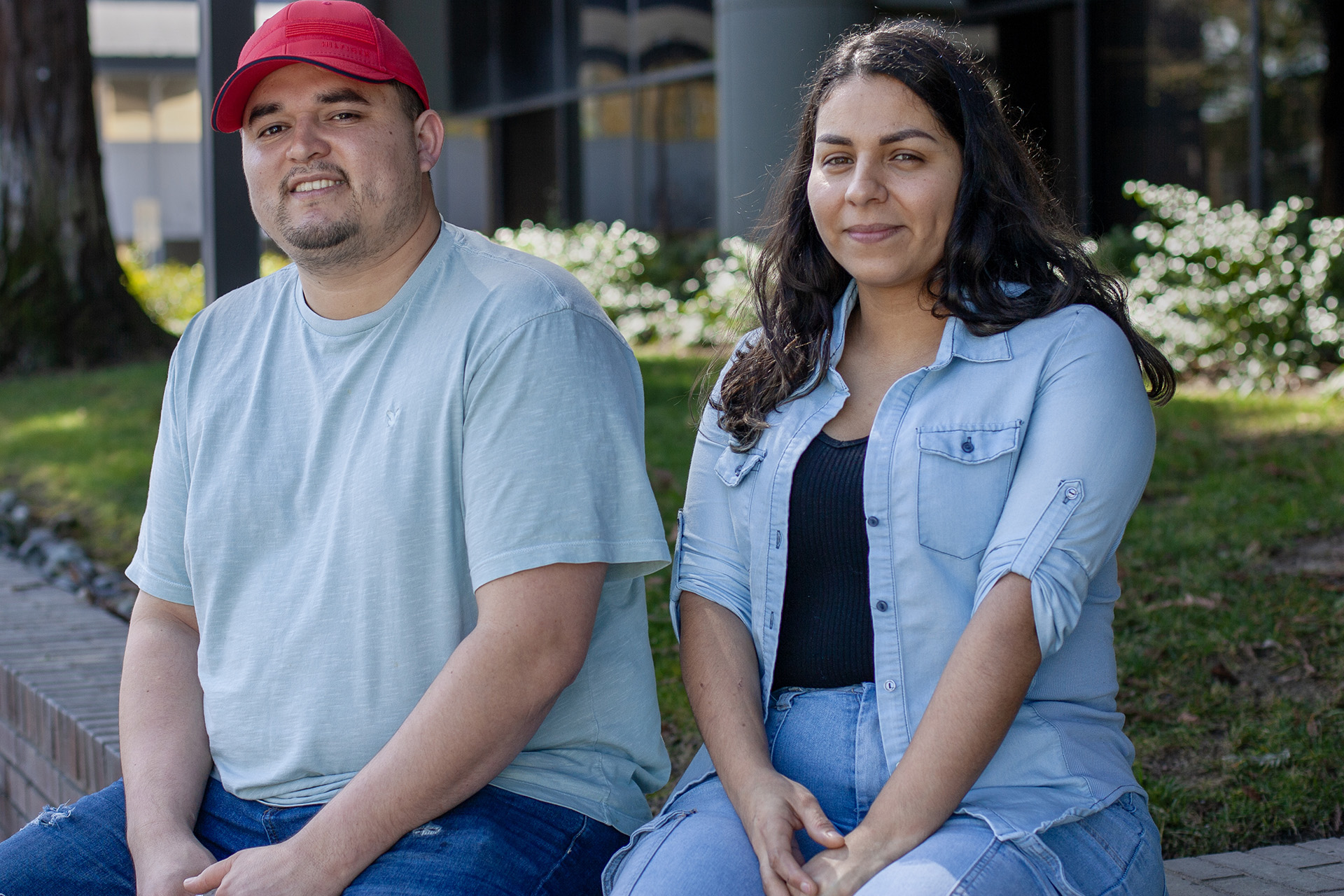
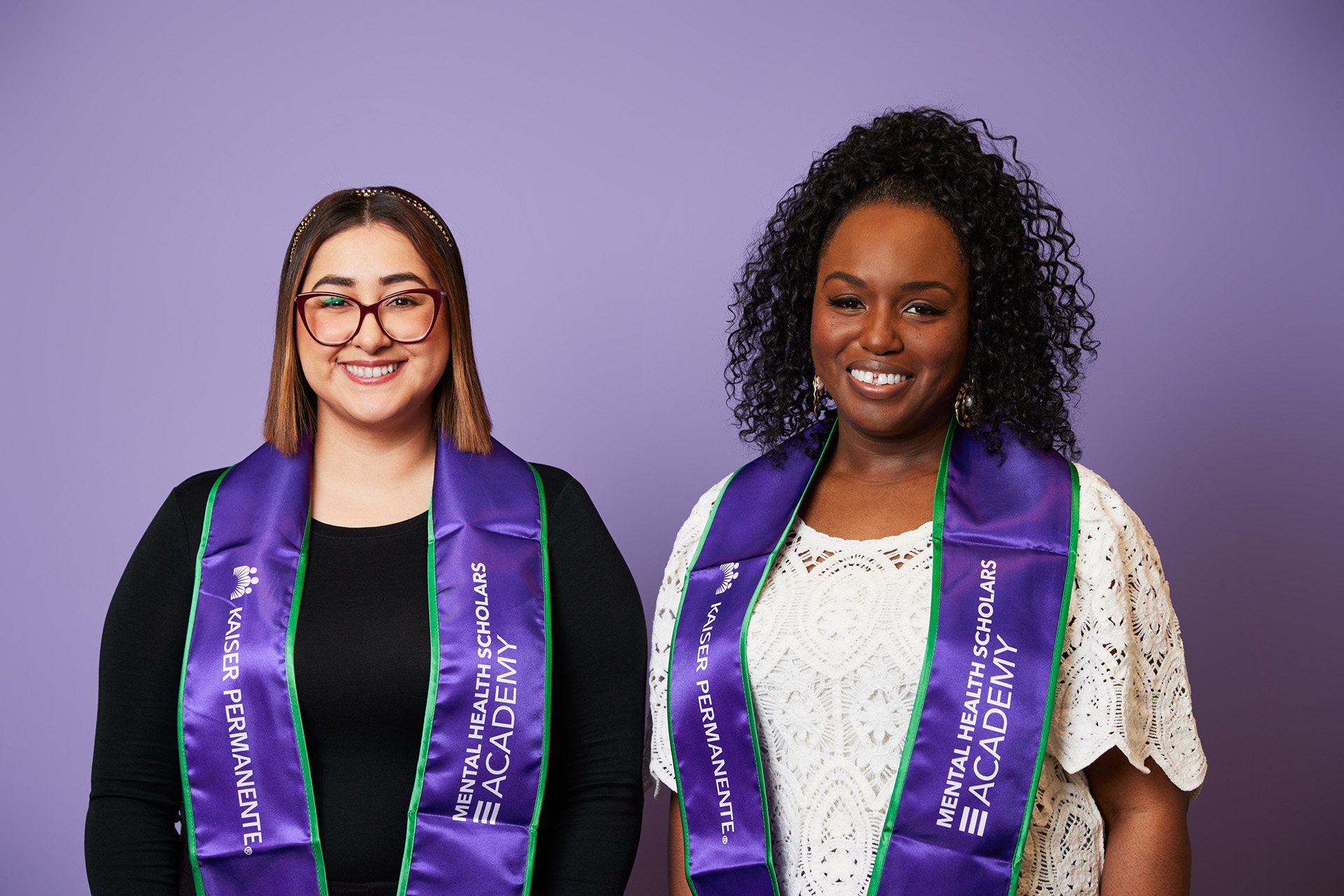
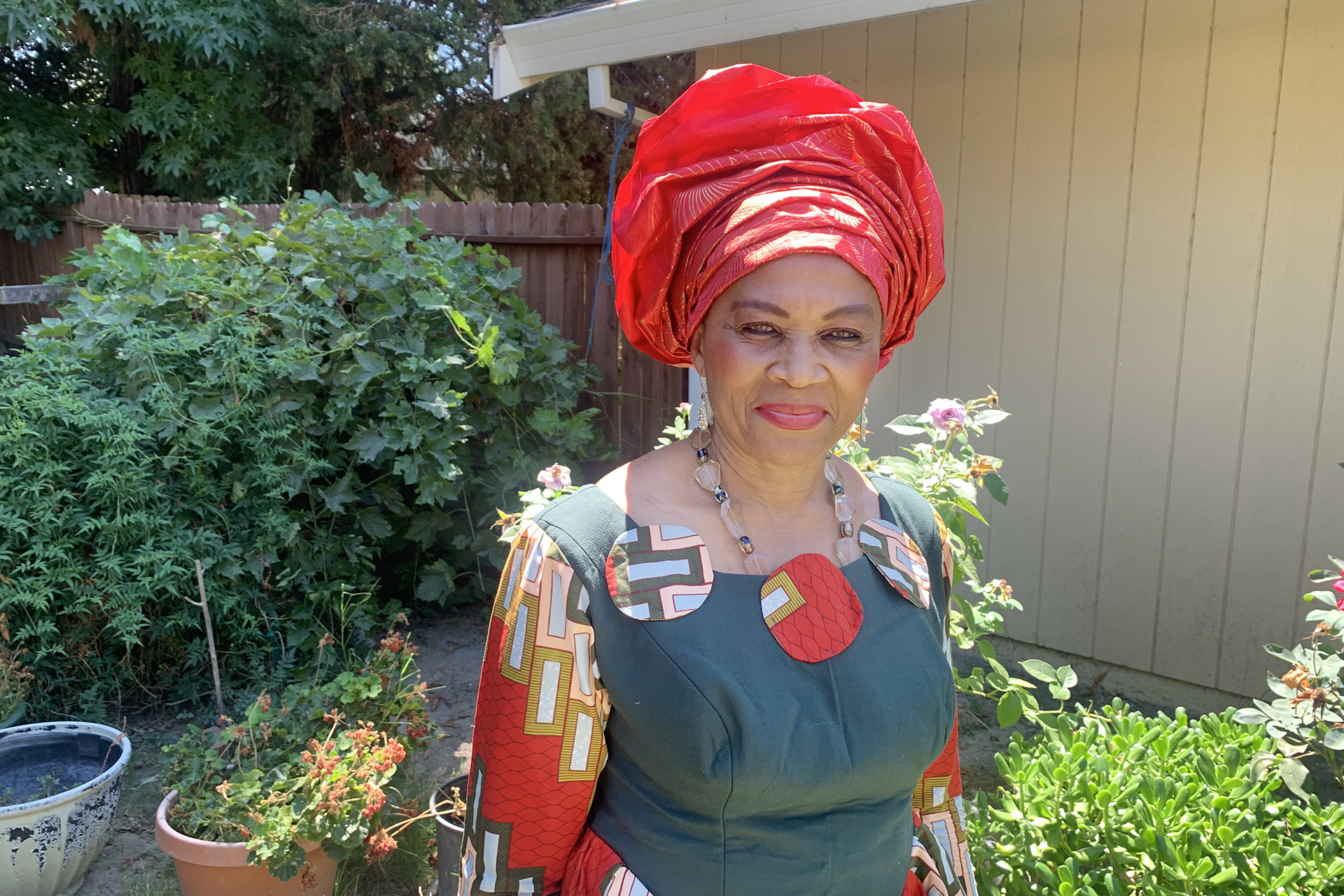
This Post Has One Comment
Thank you, Dolores, for this.